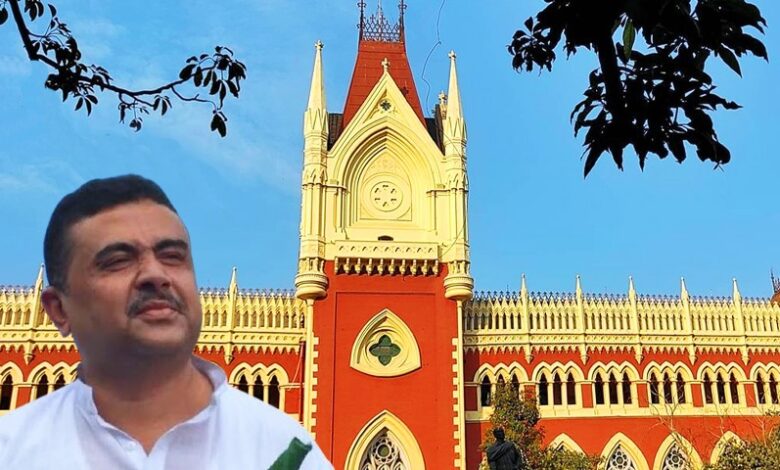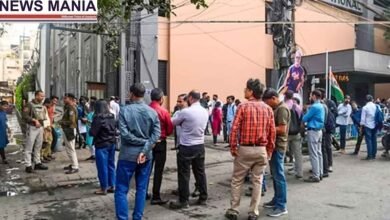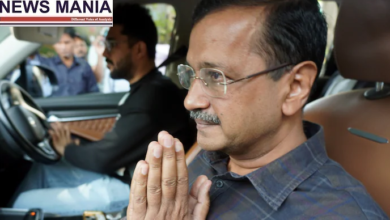Calcutta High Court Requests Alternate Site for Suvendu Adhikari’s Dharna Amid Post-Poll Violence Dispute

News Mania Desk/ Agnibeena Ghosh/22nd June 2024
The Calcutta High Court has intervened in a contentious issue regarding BJP leader Suvendu Adhikari’s planned demonstration against alleged post-poll violence in West Bengal. Initially scheduled outside Raj Bhavan, the state government cited Section 144 of the CrPC (Criminal Procedure Code), which prohibits public gatherings at the location. Mr. Adhikari’s lawyer argued that the ruling party had previously held a sit-in at Raj Bhavan without repercussions.
Justice Amrita Sinha has instructed Mr. Adhikari’s counsel to propose an alternative location for the demonstration by the upcoming hearing on June 21.
During proceedings, the court also directed the Advocate General of West Bengal to investigate whether any actions were taken against those who violated the prohibitory orders during a similar demonstration in October 2023.
Billwadal Bhattacharya, representing Mr. Adhikari, expressed disappointment over Kolkata Police denying permission to hold the dharna outside Raj Bhavan. He justified the choice of venue, emphasizing its symbolic significance in upholding constitutional values amidst allegations of violence against opposition members.
In response, the court noted the police’s suggestion of Y-channel near Raj Bhavan as an alternate site for the protest.
Advocate General Kishore Dutta reiterated the state’s stance, reaffirming that Raj Bhavan remains under prohibitory orders, preventing gatherings of five or more people, as specified by Section 144 of the CrPC.
Previously, the Trinamool Congress conducted a sit-in outside Raj Bhavan under similar circumstances, protesting the alleged withholding of West Bengal’s MGNREGA dues by the Central government. Mr. Bhattacharya highlighted what he perceived as a double standard in the enforcement of prohibitory orders during the ruling party’s demonstration.
The legal proceedings underscore a broader conflict over the right to assembly and protest in West Bengal, particularly in light of recent political tensions and allegations surrounding post-election violence.
The court’s directive to find an alternative location aims to balance constitutional rights with public safety considerations, ensuring that peaceful demonstrations can proceed within legal boundaries. As the case develops, stakeholders await the next hearing to determine the fate of Mr. Adhikari’s proposed demonstration and its implications for political dissent in the region.






